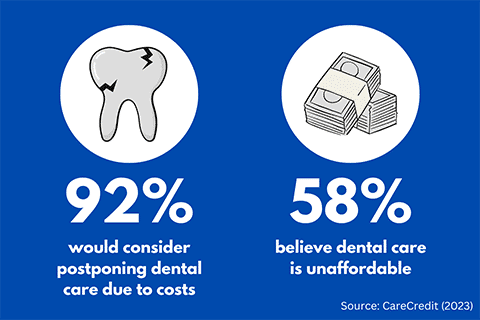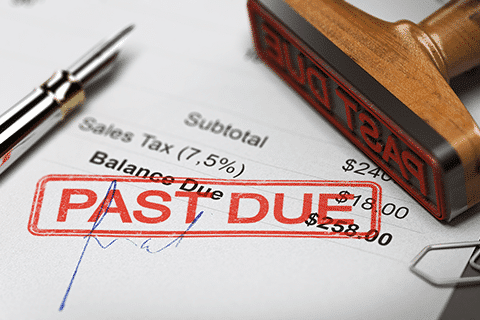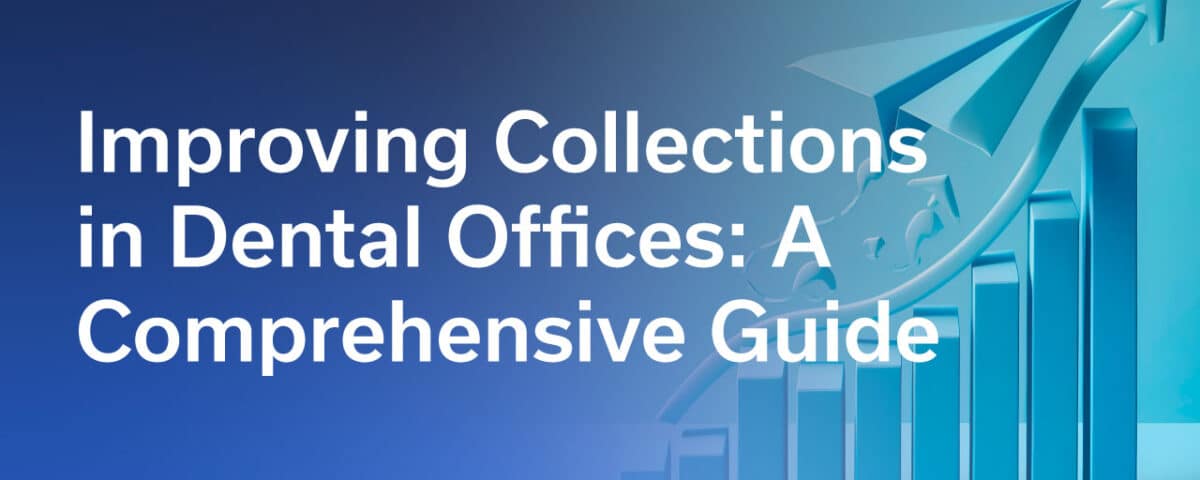Running a dental practice involves more than just providing excellent patient care; it’s also a business that requires effective financial management. One of the most challenging aspects for dental offices is ensuring timely and full payment for services rendered. Improving collections is crucial for maintaining cash flow and the overall financial health of the practice. Here are some strategies to improve collections in dental offices:
1. Streamline the Billing Process
Automatic Billing:
The first step to improving collections is implementing dental billing software to automate much of the billing process. Automated systems can generate and send invoices promptly, reducing human error and denials.
Clear and Accurate Billing:
Confirm all billing statements are clear, detailed, and accurate. Patients are more likely to pay on time if they understand what they are charged for. Include itemized lists of services, costs, and payment due dates.
2. Enhance Communication with Patients
Pre-Treatment Estimates:
Believe it or not, providing patients with pre-treatment estimates is more likely to improve collections. This transparency helps manage their expectations and prepares them financially for upcoming services. You can easily provide cost estimates with practice management tools such as real-time insurance verification.

Payment Plans:
According to a CreditCare survey, 58% percent of respondents believe dental care is unaffordable, and 92% said they would consider postponing dental care due to costs. Offering flexible payment plans is another great strategy not only to improve collections but also to keep your schedule full. Some patients may delay treatment due to financial constraints, but offering payment plans such as FlexPay can make dental care more accessible and improve your collections.
Reminder Systems:
Use automated reminder systems to notify patients of upcoming payments. Text messages, emails, or even phone calls can serve as gentle reminders and reduce the chances of missed payments.
3. Implement Effective Policies and Training
Clear Payment Policies:
Establish and communicate clear payment policies from the first patient interaction. Ensure your patients understand their financial responsibilities, including late fees or penalties for missed payments.

Staff Training:
Improving collections also requires educating your staff on a clear communication strategy. Train your front-office staff to discuss financial matters confidently and with empathy. They should be able to explain payment policies, handle billing inquiries, and negotiate payment plans.
4. Leverage Technology

Online Payment Options:
Offering online payment options is another important step towards improving collections. Many patients prefer the convenience of paying their bills online through secure payment portals. Especially since the COVID-19 pandemic, more and more small business owners are finding that customers prefer cashless payment methods, increasing the pressure to adapt to online payments. Implementing dental billing software that offers online payments is an easy way to solve this problem.
5. Outsource When Necessary
Billing Services:
Consider if outsourcing your billing to professional dental billing services could be the answer for you to improve collections. These services specialize in managing accounts receivable and can often increase collection rates through their expertise and dedicated resources.

Collections Agencies:
For delinquent accounts, partnering with a collections agency might be necessary. Make sure you choose an agency experienced in dental collections to handle sensitive patient relationships appropriately.
6. Monitor and Analyze Performance
Regular Audits:
Conduct regular audits of your billing and collections processes to identify areas for improvement. Analyzing data can help you understand trends, detect inefficiencies, and adjust strategies accordingly.
KPIs and Metrics:
Track key performance indicators (KPIs) such as days in accounts receivable, collection rates, and patient aging reports. Monitoring these metrics with the help of your practice management software can provide insights into your practice’s financial health and guide your collection strategies.
7. Improve Patient Experience

Customer Service:
A positive patient experience can enhance loyalty and prompt timely payments. Ensure that your office provides excellent customer service, addressing patient concerns promptly and courteously. This will certainly help with improving collections.
Financial Consultations:
Offer financial consultations to help patients understand their insurance benefits, out-of-pocket costs, and payment options. Empowered and informed patients are more likely to adhere to their financial commitments.
Conclusion
Improving collections in a dental office is an ongoing process that involves clear communication, efficient systems, staff training, and a patient-centric approach. By implementing these strategies, dental practices can enhance their financial stability, ensuring they can continue providing high-quality patient care. Remember, the goal is not just to collect payments but to do so in a way that maintains trust and fosters positive patient relationships.






